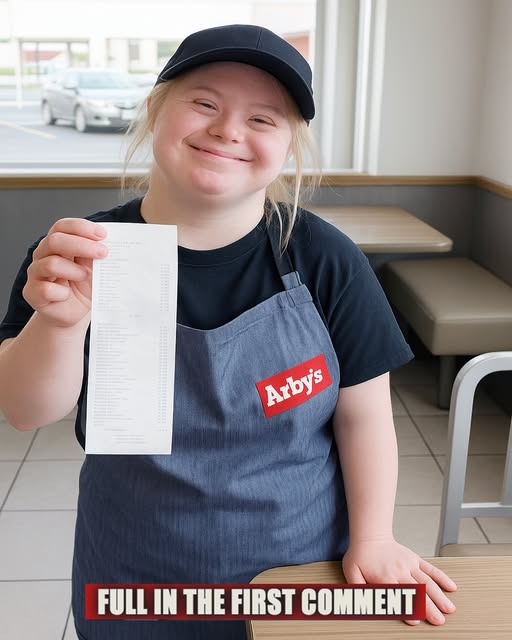When Bryan introduced Anna to the team four weeks ago, he had no idea how quickly she’d become the heart of the store. “This is Anna! She’s been with us for a month now, and she’s already a rockstar,” he had said. Anna worked a few days a week, mostly cleaning the lobby and chatting with customers. And she was great at it. Guests walked in, and she greeted them with a huge smile. Some even started coming in just to see her. But today was different. Today, Bryan called her up to the front. “You ready to take your first order?” he asked.
Anna’s eyes lit up with excitement and nerves. “Let’s do this,” she said. With his guidance, she tapped carefully on the screen, repeating the order out loud. “That’s a roast beef combo with curly fries and a drink?” she asked, looking up for confirmation. The customer then smiled. “You got it, Anna.” The second she hit “submit,” the whole team behind the counter started clapping. It was a small thing, sure. But for Anna? That was a mountain climbed.
Anna, 32, hadn’t worked in almost ten years. A traumatic brain injury from a car accident left her struggling with short-term memory, balance, and anxiety around strangers. She’d been through years of therapy and group sessions, and though she could walk, talk, and live mostly independently, rejoining the workforce felt like trying to run in a dream—everything in slow motion, heart pounding, nothing quite connecting. When she landed this job at the sandwich shop thanks to a nonprofit job placement program, it was supposed to be part-time, low-stress. Just something to ease her back into the world.
But Anna didn’t ease into anything. She lit up the second she put on that uniform. She remembered customers’ names better than some of the full-time staff. She’d write little sticky notes to remind herself of things—what button to press, how to handle coupons—and carried them in her apron. The team was patient, but more than that, they believed in her. By week two, even grumpy Mr. Loring, the shift lead, was letting her handle the dining room solo. And today, she took her first order. By herself.
“Feels kinda like I’m flying,” she whispered to Bryan afterward. “Scary but… free.” A week later, Anna was scheduled for her regular afternoon shift. But she didn’t show up. At first, everyone thought maybe she mixed up the day. She’d done that once before. But then Bryan got a call from her neighbor, a soft-spoken woman named Marla. “Anna had a seizure last night,” she said. “She’s stable, but the doctors are keeping her a few days.”
